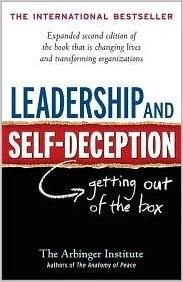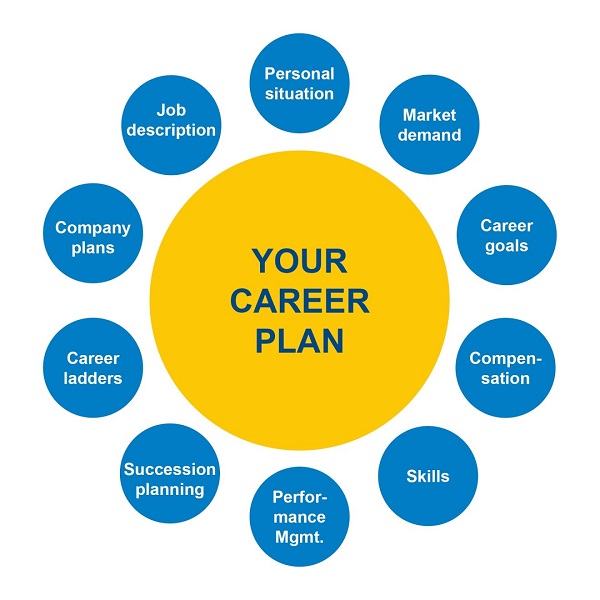An Exercise for Great Listening
“If you don’t listen to people, you will eventually be surrounded by people who have nothing to say.” – Anon
The number one way to show anybody that you care about them is to listen to them! Let me share with you an exercise that exhibits the power of great listening. An exercise you can put to good use too.
It is a very simple exercise you can do at work, with prospects, home, and with friends. I call it the five-minute exercise. You can do it with two or three people, depending in part on how much time you have. Three is great because it allows one person to be an observer. It is a great exercise to go through after completing some program, announcement etc. as a way for people to process and share.
Person A will speak for five minutes about whatever the subject might be that day. It could be about sales, strategy, innovative ideas, or where they want to be in your career. Person A will talk without interruption for a full five minutes. A warning is given when there is one minute to go. What Person A does with their five minutes is up to them. If they get quiet, odds are they will think that staring at you is just way too weird and speak again, about anything.
Now Person B’s job is to just listen for five minutes, like some Buddhist monk. You just sit there. No sounds, hand gestures, nodding, nada. Only pure listening. No exceptions allowed. See if you can do it!
Note: if Person A were to pause…that is not an invitation for Person B to say anything. Ever. As the saying goes, your job is to let the silence do the heavy lifting. Given the space needed, they will begin again.
If there is a Person C, they can observe, sitting from the side, and then rotate into the next role so everyone gets a turn.
Once everyone has had their turn, you debrief the exercise. What did everyone observe or learn from the exercise?
I can tell you I have received profound responses. From bosses who realize they do not listen, to salespeople who admit the same. People have told me how much they learned about the other person in only a short five minutes. The exercise exhibits the power of being present with someone.
First, from Person A’s standpoint, people express how unique it is to speak for five minutes without being interrupted. When is the last time they have been able to do that, so they can also feel they are being heard? Second, some admit they were not as articulate about a matter as they thought they were. I see this around career planning discussions. As Mary Kay so famously said, “Most people plan their vacations better than their careers.” Which is a fact. Third, they have their own internal dialogue going on about how what they say will be received.
The exercise can give an awareness for the person speaking, that maybe I need to get my act together a little bit better.
Now we debrief the Person B experience of sitting there like a monk, not being able to say anything. Of course, they are going nuts listening to all this stuff spinning around in their head, while they are trying to be a good listener. They may be wondering if this person has an agenda or is being truthful…while they are trying to be a good listener. They may be thinking about what they said when their turn, or how they will sound when their turn. Or what they must go home to tonight, or they left this morning, or what they have to get back to at the office.
With so many conversations spinning around, we have to force ourselves to be good listeners!
Remember, five- minutes of intense listening is magical. Try it around any subject. Try it at the office tonight. Try it at home tonight. They will wonder what happened to you today.
Who will you listen to today?
______________________________
Don Phin is an advisor, presenter, and coach. He lives in Coronado, CA and can be reached at don@donphin.com. Visit his website for lots of free learning and tools www.donphin.com





